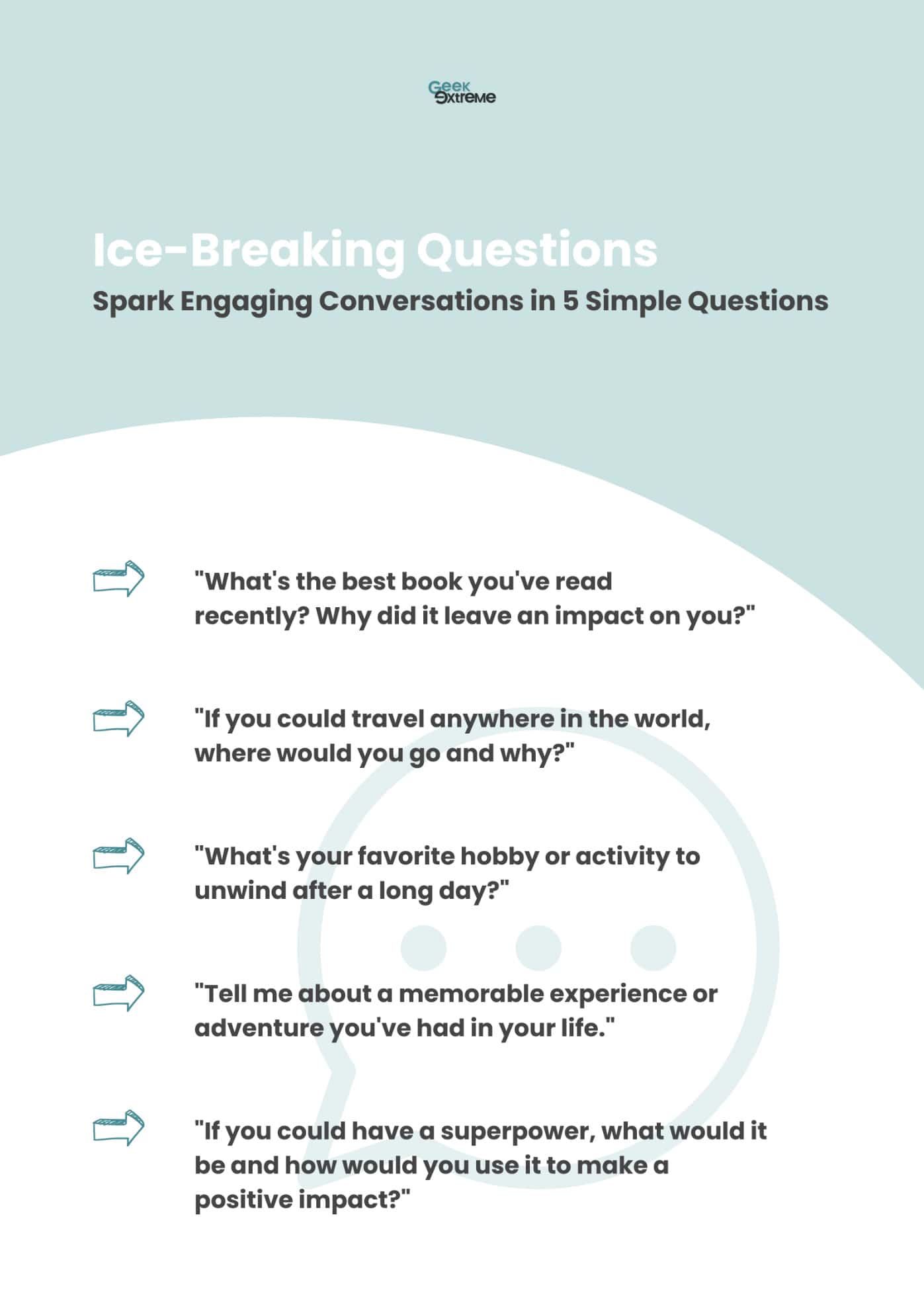Many of our conversations have moved from the coffee shop to the comment section. In today’s interconnected world, online communication has become an integral part of our daily lives. Whether it’s engaging in discussions on social media platforms or participating in online forums, the way we converse online greatly influences our experiences and relationships.
However, as convenient and accessible as online conversations may be, they often come with their own set of challenges. The absence of non-verbal cues and the tendency for misinterpretation can lead to misunderstandings, frustration, and even conflict. But fear not! In this article, we’ll explore seven practical tips to help you navigate the online communication landscape with finesse and create better, more meaningful conversations. So, let’s dive in and discover how to make your online interactions more positive, respectful, and engaging.
Tip #1: Choose Your Words Wisely
Words have the power to heal, inspire, and connect, but they can also harm and create division. When engaging in online conversations, it’s essential to choose your words wisely. Opt for clear, concise, and respectful language that promotes understanding and mutual respect. The Internet makes it possible to have conversations with strangers and meet singles all over the world, so it’s important to be mindful of what you say.
Avoid using offensive or derogatory language that can escalate tensions and derail meaningful discussions. Remember that written communication lacks the nuances of face-to-face interaction, making it easier for messages to be misinterpreted. Take a moment to review your words before hitting that “send” button.
By being mindful of your language choices, you can foster an atmosphere of open dialogue and build connections with others in the online community. Let your words be a force for positivity, empathy, and collaboration, and watch as your conversations flourish.
Tip #2: Practice Active Listening
In the hustle and bustle of online conversations, it’s easy to get caught up in our own thoughts and opinions. However, active listening plays a crucial role in fostering meaningful connections and understanding others’ perspectives.
When engaging in online discussions, make a conscious effort to practice active listening. It involves more than just reading or skimming through the words; it means truly understanding and empathizing with the person behind them.
Try paraphrasing what others have said to ensure you’ve grasped their points accurately. Ask clarifying questions to gain a deeper understanding of their perspective. By demonstrating that you genuinely value their thoughts and opinions, you create an environment where meaningful dialogue can thrive. Remember, active listening allows you to respond more thoughtfully and constructively.

Tip #3: Assume Good Intentions
In the vast realm of online communication, it’s easy to jump to conclusions and assume the worst about others’ intentions. However, rather than immediately assuming malice or ill will, give others the benefit of the doubt. Understand that behind every screen is a real person with their own experiences and perspectives. Misunderstandings are common in text-based communication, so instead of making assumptions, seek clarification and ask for further explanation.
Assuming good intentions not only fosters a more positive atmosphere but also encourages others to respond in kind. It promotes empathy, understanding, and the possibility of finding common ground even amidst differing opinions. By assuming good intentions, you create a space where constructive dialogue can thrive and meaningful connections can be formed.
Tip #4: Be Mindful of Tone:
One of the challenges of online communication is the difficulty in conveying tone accurately. Text-based conversations can easily be misinterpreted, leading to misunderstandings and unnecessary conflicts. That’s why it’s crucial to be mindful of the tone you use in your messages.
Consider how your words may come across to others. Avoid sarcasm or humor that may be misunderstood without the help of vocal cues or facial expressions. If you’re unsure how your message might be interpreted, consider adding an emoji, a friendly remark, or a clarifying statement to convey your intended tone.
By being conscious of your tone, you create a more inclusive and harmonious environment. Your words become more approachable, and others will feel more comfortable engaging with you.
Tip #5: Respect Differences of Opinion:
The beauty of online conversations lies in the diversity of perspectives and experiences that people bring to the table. While it’s natural to encounter opinions that differ from our own, it’s essential to approach these differences with respect and an open mind.
Instead of immediately dismissing opposing viewpoints or engaging in personal attacks, strive to foster constructive dialogue. Listen attentively, seek common ground, and ask thoughtful questions to gain a deeper understanding of others’ perspectives. Remember, disagreement doesn’t have to lead to discord.
Respecting differences of opinion allows for intellectual growth and the possibility of learning from one another. Embrace the opportunity to broaden your horizons, challenge your own assumptions, and foster a culture of respectful debate
Tip #6: Take Breaks When Needed
Engaging in online conversations can sometimes become overwhelming or emotionally charged. When you feel the tension rising or find yourself getting caught up in a heated discussion, it’s important to know when to take a break.
Recognize the signs of fatigue, frustration, or stress. Stepping away from the conversation for a while can help you regain perspective and maintain a calm and focused mindset. Take a walk, engage in a different activity, or simply disconnect from the online world for a bit.
Remember, self-care is crucial in maintaining your well-being in the digital realm. Taking breaks not only protects your mental and emotional health but also allows you to return to the conversation with a fresh perspective and a renewed sense of patience.
Tip #7: Don’t Feed the Trolls
Ah, trolls – the mischief-makers of the online world. These individuals thrive on provoking and stirring up trouble. Engaging with them often leads to futile arguments and drains your energy. That’s why it’s important to remember the golden rule: don’t feed the trolls.
Recognize when you’ve encountered a troll and resist the urge to retaliate or engage in a battle of words. Instead, take the high road. Ignoring or blocking these individuals is often the best course of action. Focus your energy on meaningful conversations with those who genuinely seek dialogue and understanding.
Conclusion
When we engage in online conversations, we hold the power to shape the quality of our interactions. By implementing these seven tips, we can transform our online conversations into spaces of understanding, respect, and growth. Whether we’re looking for a date or just a good chat: Choosing our words wisely, practicing active listening, assuming good intentions, being mindful of tone, respecting differences of opinion, taking breaks when needed, and not feeding the trolls all contribute to fostering healthy and meaningful dialogues. Let’s embrace these principles and make our online interactions a force for positivity and connection.
